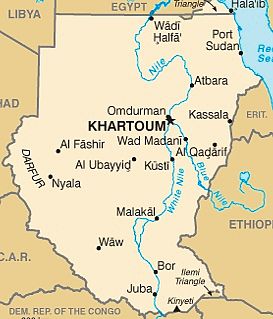On July 14, Luis Moreno-Ocampo, prosecutor of the International Criminal Court (ICC), presented "evidence showing that Sudanese President, Omar Hassan Ahmad al-Bashir committed the crimes of genocide, crimes against humanity and war crimes in Darfur." The motives of the Sudanese head of state were "above all, political," the prosecutor declared. He used the "alibi" of counterinsurgency in order to try "to end the history of the Fur, Masalit and Zaghawa people." In fact, "his intent was genocide." Let us leave aside the assessment that Gen. al-Bashir's motives were "political" in nature, which seems to constitute an aggravating factor in the prosecutor's view, and instead concentrate on the recent history of the notion of genocide. In international law, the term designates "any criminal enterprise seeking to destroy, in whole or in part, a particular kind of human group, as such, by certain means. There are two elements of the special intent requirement of genocide: the act or acts must target a national, ethnical, racial or religious group; the act or acts must seek to destroy all or part of that group." (See: Krstic judgment of the International Criminal Tribunal for the Former Yugoslavia, §550.) The first suspect to be tried on charges of genocide in Europe was Gen. Radislav Krstic, the commander of the Serb forces at the time of the massacre of eight thousand Bosnian Muslims at Srebrenica in July 1995. "You agreed to evil," presiding Judge Almiro Rodrigues told the accused: "You are guilty of having agreed to the plan to conduct mass executions of all the men of fighting age. You are therefore guilty of genocide, Gen. Krstic." Let us recall that in the case in question, women, children, and old people were spared and the wounded were evacuated. Obviously, this is no excuse for the terrible massacre. But it could have been taken into consideration by the court as a humanitarian measure, since a distinction had been made between combatants and non-combatants. Instead, the opposite transpired: the court found the fact that this separation took place to be additional evidence supporting the charge of genocide, since the victims had been killed by virtue of their belonging to a group: namely, that of Bosnian Muslim males of arms-bearing age. Moreover, the mere existence of logistical preparations (vehicles, fuel, materials for digging graves, etc.) was taken as sufficient to prove the intention to destroy the group, which is essential for establishing the crime of genocide.
The ICC’s Bashir Indictment: Law Against Peace

